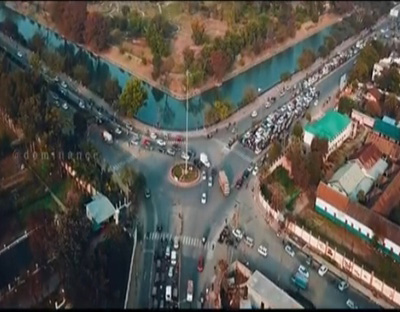IMPHAL: In a move to address the prolonged ethnic unrest in Manipur, the Indian government has imposed President's Rule in the northeastern state, following the resignation of Chief Minister N. Biren Singh.
This development comes after nearly 21 months of ethnic violence that has resulted in over 250 fatalities and displaced thousands.
The conflict, which began in May 2023, has primarily involved clashes between the majority Meitei community and the minority Kuki-Zo tribes. Tensions escalated after a court order proposed extending economic benefits and job quotas to the Meitei community, a move opposed by the Kuki-Zo tribes. The ensuing violence has led to widespread displacement and significant loss of life.
Chief Minister N. Biren Singh, a member of Prime Minister Narendra Modi's Bharatiya Janata Party (BJP), submitted his resignation to the state's governor ahead of a scheduled legislative assembly session where the opposition Congress party was expected to move a no-confidence motion against him.
His tenure had been marked by increasing pressure from both opposition and allies within his own party to step down, especially after the regional National People's Party, a key BJP ally, withdrew from the ruling coalition.
The imposition of President's Rule signifies the central government's direct intervention in the state's administration, aiming to restore order and address the ongoing crisis.
This is the first time in 22 years that Manipur has come under central rule, highlighting the gravity of the current situation.
The central government has deployed additional security forces to the region in an effort to curb the violence.
Despite these measures, tensions remain high, and the situation continues to be volatile.
The imposition of President's Rule is seen as a critical step towards stabilizing the state and addressing the deep-rooted ethnic tensions that have plagued Manipur for nearly two years.






